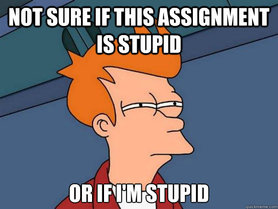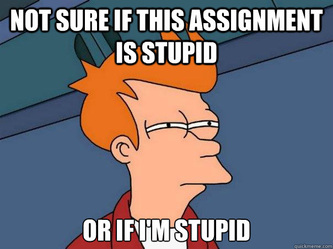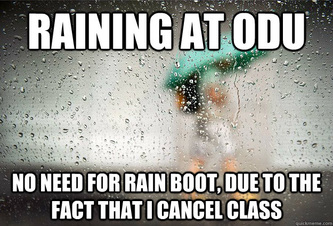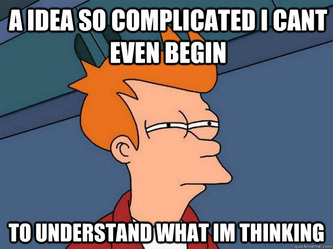Instructions
The purpose of this assignment is to get you used to writing in a neutral tone and to practice structuring. Each of the groups will be assigned a topic related to the class. Group #1: Blogs. Group #2: Gimp. Group #3: Wikis. Group #4: Twitter. You are to create a stub, or a short entry about the topic that has been chosen. Be ready to share these stubs with the rest of the class for discussion. Look at the readings for references to style, structure, content, and tone. After discussion, post the stubs to a group member’s blog along with ideas of how the stub can be expanded. Due by midnight on Sunday.
Wiki
Wikis are websites that allow users to add, delete and edit pages as well as the content within them. The content on a wiki is designed to be factual.
Wiki allows users to work on information collaboratively and tracks changes to the document that each user makes. Typically, wikis are self-enforced, meaning the community of users monitors and corrects errors. Most Wiki’s have a “reference” section that allows the user to navigate to a reliable source in which the information on the wiki came from.
There are many types of wikis. Wikipedia acts as a user generated web encyclopedia, while other wikis have a more specific focus for a special interest, such as Bulbapedia, which catalogues information on the Pokemon franchise.
Expansion
This is a very surface level entry for Wikis. Expansion of the wiki on wikis should go into more detail in many subdivisions of the article. Since wikis are supposed to spiral out in complexity, this entry could expand to include how wikis are written, what software is used, how they are formatted, how pages are linked together etc.
Assignment by Blaine Brown, Kendall Johnson, Dawn McGinnis, Mei Chen, and Trey Chumchal
The purpose of this assignment is to get you used to writing in a neutral tone and to practice structuring. Each of the groups will be assigned a topic related to the class. Group #1: Blogs. Group #2: Gimp. Group #3: Wikis. Group #4: Twitter. You are to create a stub, or a short entry about the topic that has been chosen. Be ready to share these stubs with the rest of the class for discussion. Look at the readings for references to style, structure, content, and tone. After discussion, post the stubs to a group member’s blog along with ideas of how the stub can be expanded. Due by midnight on Sunday.
Wiki
Wikis are websites that allow users to add, delete and edit pages as well as the content within them. The content on a wiki is designed to be factual.
Wiki allows users to work on information collaboratively and tracks changes to the document that each user makes. Typically, wikis are self-enforced, meaning the community of users monitors and corrects errors. Most Wiki’s have a “reference” section that allows the user to navigate to a reliable source in which the information on the wiki came from.
There are many types of wikis. Wikipedia acts as a user generated web encyclopedia, while other wikis have a more specific focus for a special interest, such as Bulbapedia, which catalogues information on the Pokemon franchise.
Expansion
This is a very surface level entry for Wikis. Expansion of the wiki on wikis should go into more detail in many subdivisions of the article. Since wikis are supposed to spiral out in complexity, this entry could expand to include how wikis are written, what software is used, how they are formatted, how pages are linked together etc.
Assignment by Blaine Brown, Kendall Johnson, Dawn McGinnis, Mei Chen, and Trey Chumchal





 RSS Feed
RSS Feed